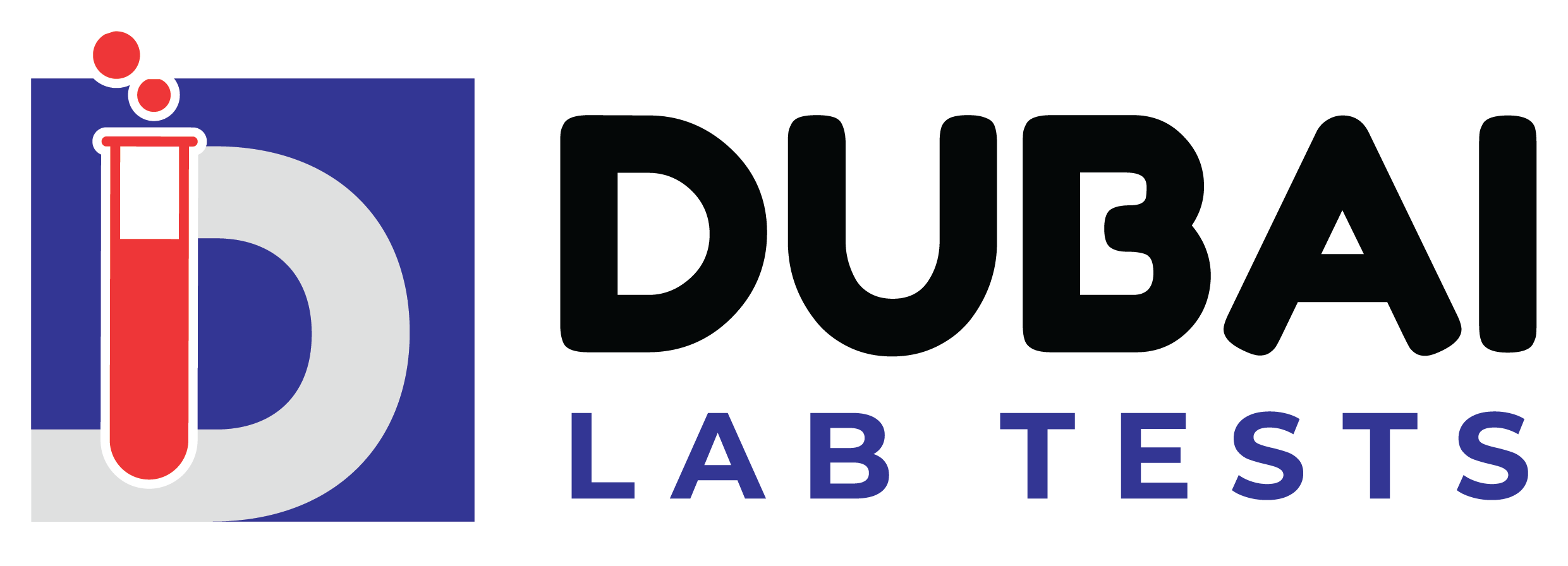(1,3)-Beta-D-Glucan (Aspergillus) Lab Test
د.إ650.00
(1,3)-Beta-D-Glucan (Aspergillus) is a high-purity fungal polysaccharide derived from Aspergillus species, widely used as a biomarker for invasive fungal infections.
Sample Type : Serum
Methodology : Enzyme-immunoassay
TAT : 15 Days
Description
(1,3)-Beta-D-Glucan (Aspergillus) Lab Test
Introduction
The (1,3)-Beta-D-Glucan (Aspergillus) lab test is a specialized diagnostic tool designed to detect the presence of (1,3)-Beta-D-Glucan in the bloodstream. This test is particularly valuable for identifying invasive fungal infections, including those caused by Aspergillus species. By measuring the levels of this fungal cell wall component, the test aids in the early diagnosis and monitoring of fungal infections, which are critical for timely and effective treatment.
Why You Need This Test
Fungal infections, especially invasive ones caused by Aspergillus, can pose serious health risks, particularly for individuals with weakened immune systems. The (1,3)-Beta-D-Glucan test is essential for detecting fungal infections early, even before symptoms become severe. It is commonly used in diagnosing conditions such as invasive aspergillosis, candidiasis, and other fungal infections that can lead to life-threatening complications if left untreated. This test is also valuable for monitoring the effectiveness of antifungal treatments and preventing the progression of fungal diseases.
Symptoms That Indicate This Test
You may need the (1,3)-Beta-D-Glucan (Aspergillus) test if you experience any of the following symptoms or conditions:
– Persistent fever that does not respond to antibiotics
– Shortness of breath or respiratory distress
– Unexplained fatigue or weakness
– Chest pain or coughing up blood
– A history of prolonged use of immunosuppressive medications
– Recent chemotherapy or organ transplantation
– Suspected or confirmed fungal infections
Natural Production
(1,3)-Beta-D-Glucan is a polysaccharide found in the cell walls of most fungi, including Aspergillus. It is not naturally produced by the human body, making its presence in the bloodstream a strong indicator of fungal infection. Elevated levels of (1,3)-Beta-D-Glucan can occur when fungal cells invade the body and release this component into the bloodstream. Factors such as a compromised immune system, prolonged hospitalization, or the use of invasive medical devices can increase the risk of fungal infections and, consequently, elevated (1,3)-Beta-D-Glucan levels.
What Happens If Untreated
Ignoring abnormal (1,3)-Beta-D-Glucan test results can lead to severe health complications. Untreated invasive fungal infections can spread to vital organs, causing systemic infections that are difficult to manage. Conditions like invasive aspergillosis can result in respiratory failure, organ damage, and even death. Early detection through this test allows for prompt treatment, reducing the risk of complications and improving patient outcomes.
How to Prepare for the Test
To ensure accurate results, follow these preparation guidelines:
– No fasting is required for this test.
– Inform your healthcare provider about any medications or supplements you are taking, as certain drugs may interfere with the results.
– Avoid using antifungal medications before the test unless directed by your doctor.
Test Overview
– Sample Type: Serum
– Methodology: Enzyme-immunoassay
– Turnaround Time (TAT): 15 Days
This test involves a simple blood draw, and the sample is analyzed using enzyme-immunoassay technology to detect and measure (1,3)-Beta-D-Glucan levels. Results are typically available within 15 days, providing a comprehensive analysis to guide your healthcare provider in diagnosing or monitoring fungal infections.
Take control of your health today by booking the (1,3)-Beta-D-Glucan (Aspergillus) lab test. Early detection is key to managing fungal infections effectively and preventing serious complications. Whether you’re searching for a “diagnostic test near me” or looking to “buy lab test online,” this test is a critical step in safeguarding your well-being. Book your lab test now and ensure peace of mind with accurate and timely results.
Category
Immunology




Reviews
There are no reviews yet.